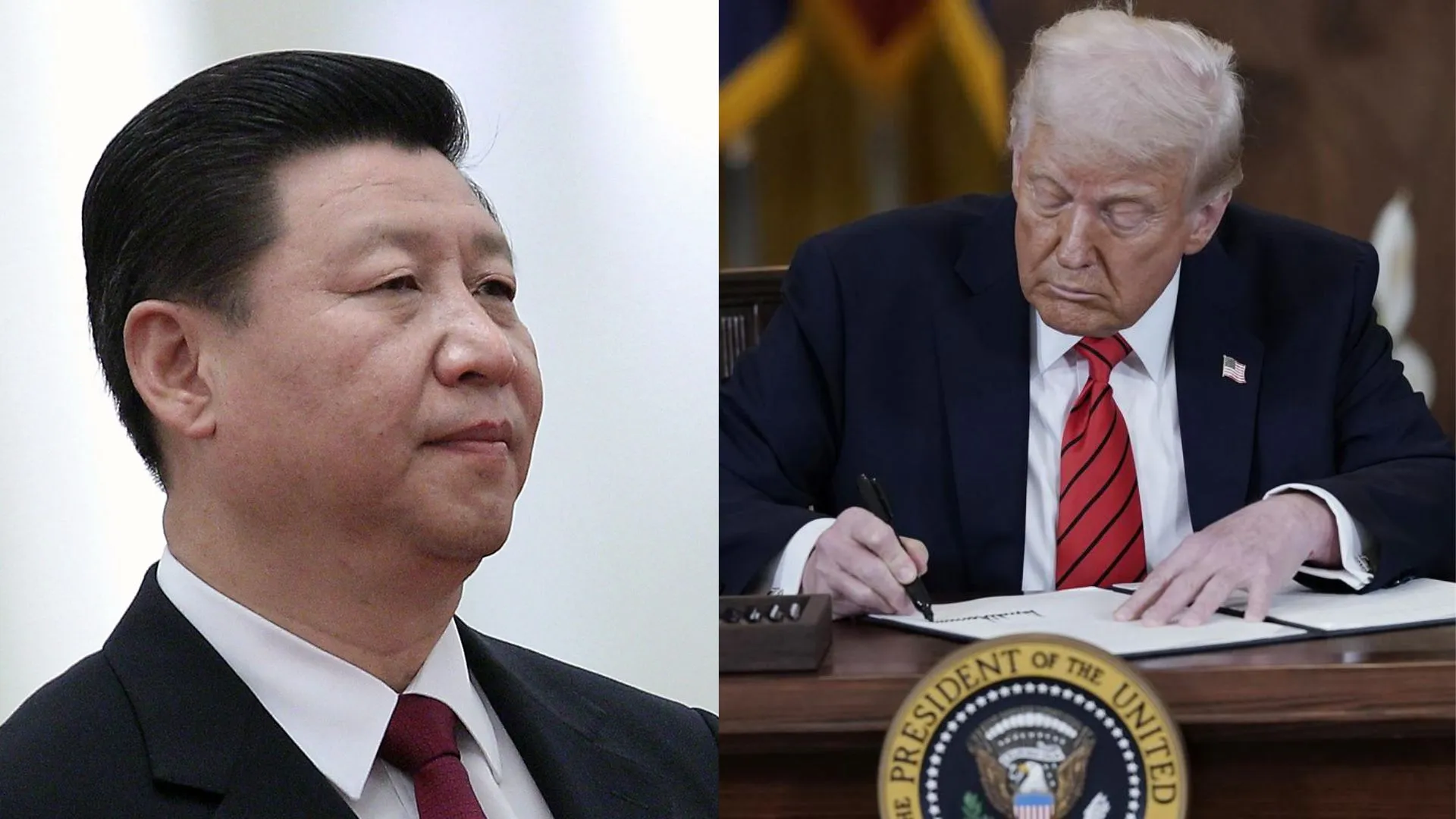Kerala’s 28-year-old trans man, Hari Devageeth, has petitioned the Kerala High Court, asking for permission to freeze his eggs before undergoing his gender-affirming surgery. This case is important because it brings out an essential aspect regarding the rights of transgendered people to retain their reproductive rights before sex reassignment procedures are performed, something not sufficiently provided for in the existing legal statutes.
Hari, who was born female but claims to be male, is now going through hormone treatment and has already had his breasts removed in surgery as part of his gender change. Yet, as part of the transition process, Hari will have to go through additional surgeries, such as the removal of his ovaries. Prior to this irreversible procedure, Hari wanted to maintain his fertility by having his eggs cryopreserved. In spite of his appeal, a private fertility clinic in Thiruvananthapuram, Kerala, reportedly refused him the procedure based on his gender identity.
The refusal by the clinic stems from the limitation of the Assisted Reproductive Technology (ART) Act of 2021, which currently only offers services to persons classified as women for egg donation and men for sperm donation. As per the law, women can donate eggs between the age limits of 23 to 35 years, and men can donate sperm between the ages of 21 to 55 years. As Hari legally qualifies as a man, his plea to cryopreserve his eggs was denied since the clinic did not deem him fit for egg cryopreservation.
Trans Man’s Plea To Kerala High Court
Hari’s plea to the Kerala High Court aims to confront this limiting understanding, contending that the ART Act provisions amount to discrimination against him and amount to a deprivation of his basic rights. According to him, his reproductive choice, as entitled under Article 21 of the Indian Constitution, which guarantees protection of life and personal liberty, is being impaired. The petition further maintains that denying access to cryopreservation to Hari on the grounds of his gender identity is contrary to the Transgender Persons (Protection of Rights) Act, 2019, and the Transgender Persons (Protection of Rights) Rules, 2020, which both prohibit gender identity-based discrimination in healthcare services.
Hari’s appeal to the High Court is not solely in his individual case; he is also hoping to establish a legal precedent for future LGBTQ+ individuals who could encounter similar restrictions. The case may pave the way for expanded reproductive rights and access to healthcare for transgender people, allowing them to make reproductive decisions prior to making irreversible physical changes through sex reassignment operations.
The case attracted even more attention after Hari’s partner and mother pledged their unshakeable support to his struggle. Together, they underscored the fact that though Hari has not made up his mind about whether he desires children, it is crucial for him to have that option in the future without being constrained by his gender identity. For most transgender people, the path towards retaining reproductive choices is emotionally and economically burdensome. In Hari’s case, the process is costly, amounting to around Rs 2 lakh, including medication and storage fees. Despite these challenges, Hari has diligently saved for the procedure, understanding the importance of having reproductive freedom.
The Kerala High Court has already issued notices to the private hospital, the state government, the Union government, and the National ART and Surrogacy Board. The court ruling could be a turning point in the legal and medical world, providing transgender persons with the same reproductive rights enjoyed by cisgender individuals.
If it is successful, it may pave the way for wider policy reforms, such as changes to the ART Act, to prevent transgender individuals from being denied access to fertility services on the basis of their gender identity. In addition, it would be in line with increasing acceptance of transgender rights in India. The case is scheduled for further hearing on February 18.
ALSO READ: 19 Months After Arrest, Former Dean Of COVID-19 Jumbo Centre Gets Bail From Bombay HC























